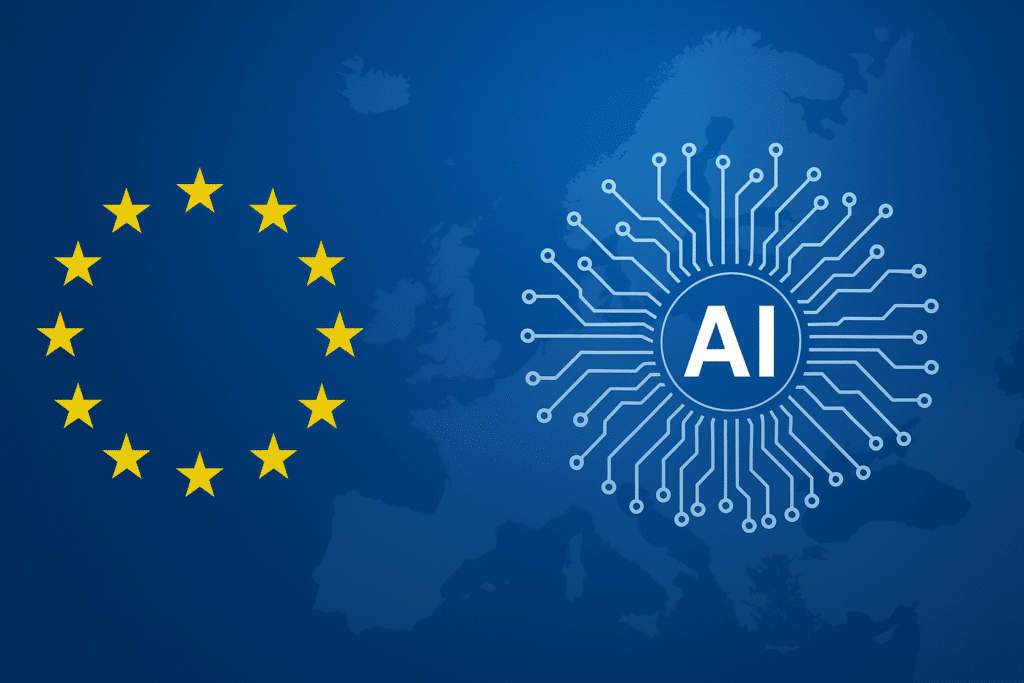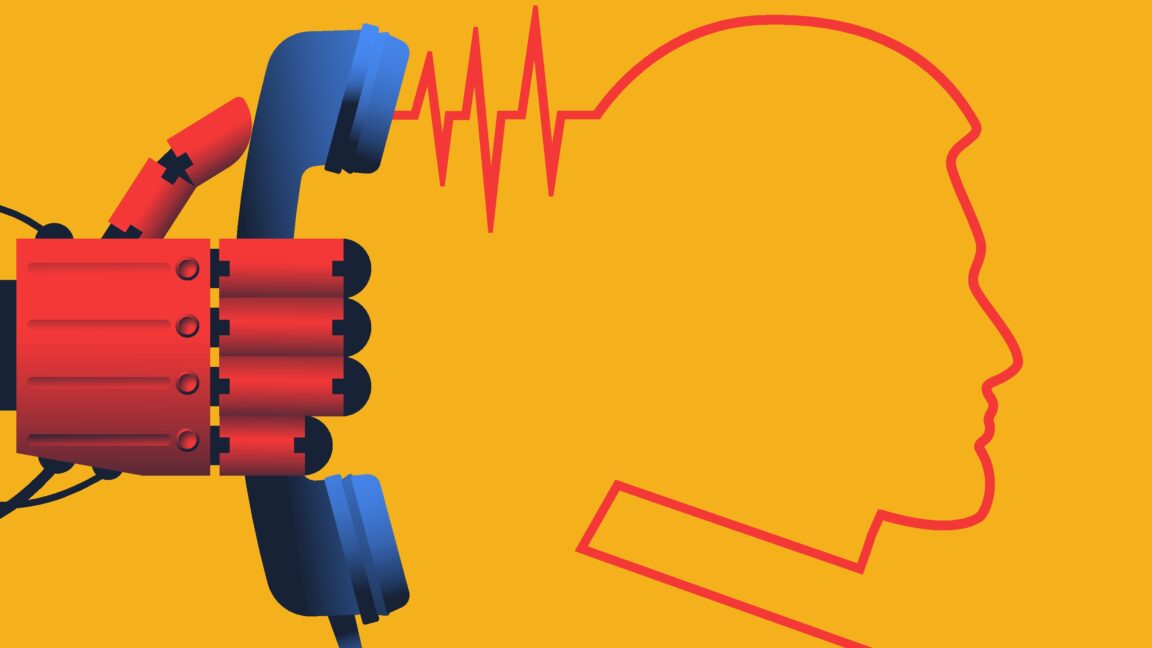Introduction to Signal
Signal is a messaging app that offers end-to-end encryption, making it a popular choice for those who want to keep their conversations private. But Signal uses other techniques to keep your messages private and safe as well. For example, it goes to great lengths to make it hard for the Signal server itself to know who else you are talking to (a feature known as “sealed sender”), or for an attacker who records traffic between phones to later decrypt the traffic by seizing one of the phones (“perfect forward secrecy”).
Security Properties of Signal
These are only a few of the many security properties built into the protocol, which is well enough designed and vetted for other messaging apps, such as WhatsApp and Google Messages, to use the same one. Signal is also designed so we don’t have to trust the people who make it. The source code for the app is available online and, because of its popularity as a security tool, is frequently audited by experts.
The People Behind Signal
And even though its security does not rely on our trust in the publisher, it does come from a respected source: the Signal Technology Foundation, a nonprofit whose mission is to “protect free expression and enable secure global communication through open-source privacy technology.” The app itself, and the foundation, grew out of a community of prominent privacy advocates. The foundation was started by Moxie Marlinspike, a cryptographer and longtime advocate of secure private communication, and Brian Acton, a cofounder of WhatsApp.
Why Choose Signal?
Many apps offer end-to-end encryption, and it’s not a bad idea to use them for a measure of privacy. But Signal is a gold standard for private communication because it is secure by default: Unless you add someone you didn’t mean to, it’s very hard for a chat to accidentally become less secure than you intended.
Comparison with Other Apps
That’s not necessarily the case for other apps. For example, iMessage conversations are sometimes end-to-end encrypted, but only if your chat has “blue bubbles,” and they aren’t encrypted in iCloud backups by default. Google Messages are sometimes end-to-end encrypted, but only if the chat shows a lock icon. WhatsApp is end-to-end encrypted but logs your activity, including “how you interact with others using our Services.”
Benefits of Using Signal
Signal is careful not to record who you are talking with, to offer ways to reliably delete messages, and to keep messages secure even in online phone backups. This focus demonstrates the benefits of an app coming from a nonprofit focused on privacy rather than a company that sees security as a “nice to have” feature alongside other goals.
Conclusion
In conclusion, Signal is a messaging app that prioritizes security and privacy, making it a great choice for those who want to keep their conversations private. With its end-to-end encryption, sealed sender feature, and perfect forward secrecy, Signal is a gold standard for private communication. While other apps may offer some level of encryption, Signal’s focus on privacy and security makes it a better choice for those who want to keep their messages safe.
FAQs
Q: Is Signal completely secure?
A: While no app is completely secure, Signal’s end-to-end encryption and other security features make it a very secure choice for private communication.
Q: Can I use Signal for group chats?
A: Yes, Signal allows for group chats and offers the same level of encryption and security for group conversations as it does for individual conversations.
Q: Is Signal available for both iOS and Android?
A: Yes, Signal is available for both iOS and Android devices.
Q: Can I use Signal for video calls?
A: Yes, Signal offers end-to-end encrypted video calls, making it a great choice for private video conversations.
Q: Is Signal free to use?
A: Yes, Signal is completely free to use and does not charge any fees for its services.











